Description
Date Sugar: A Natural Sweetener with a Fruity Twist
In a world increasingly conscious of sugar intake and seeking natural alternatives, date sugar is gaining popularity. Made simply from ground-up dried dates, this sweetener offers a unique flavor profile and some potential nutritional benefits compared to refined sugars. But what exactly is date sugar, and is it the right sweetening option for you?
What is Date Sugar?
Date sugar is exactly what it sounds like: whole dates that have been dehydrated and ground into a granulated sugar-like consistency. Unlike other sugar alternatives that extract the sweetening compounds, date sugar retains all the fiber, vitamins, and minerals present in the original date. This makes it a more whole and less processed option.
Flavor and Usage:
Date sugar boasts a distinct, caramel-like sweetness with a subtle fruity undertone reminiscent of dates themselves. However, due to its composition, it doesn’t dissolve as smoothly as regular sugar. It can sometimes leave a slightly grainy texture, especially in liquids.
Here are some common ways to use date sugar:
- Baking: Date sugar works well in cookies, muffins, and quick breads, where the slight texture isn’t noticeable. It can be used as a 1:1 replacement for brown sugar or granulated sugar in most recipes.
- Sprinkled on Top: Add a sprinkle of date sugar to oatmeal, yogurt, or fruit for a touch of natural sweetness.
- Smoothies and Shakes: While it won’t dissolve completely, date sugar can be blended into smoothies and shakes for a boost of sweetness and fiber.
- Dry Rubs and Marinades: The natural sugars in date sugar can help caramelize meats and vegetables when used in dry rubs or marinades.
Nutritional Benefits:
Compared to refined white sugar, date sugar offers a few nutritional advantages due to the presence of whole dates:
- Fiber: Dates are a good source of fiber, and date sugar retains this beneficial nutrient. Fiber aids digestion, promotes satiety, and helps regulate blood sugar levels.
- Minerals: Date sugar contains essential minerals like potassium, magnesium, and iron, which are important for various bodily functions.
- Antioxidants: Dates are rich in antioxidants, which help protect the body against cell damage caused by free radicals.
Things to Consider:
- Glycemic Index (GI): While often touted as a low-GI option, date sugar’s GI can vary depending on the type of dates used. While it may be slightly lower than white sugar, it still contains fructose and glucose and will impact blood sugar levels. Individuals with diabetes or insulin resistance should consume it in moderation and monitor their blood sugar.
- Texture: As mentioned earlier, the texture of date sugar can be a drawback in some applications. Experiment to find the best ways to incorporate it into your recipes.
- Cost: Date sugar is typically more expensive than refined white sugar or brown sugar.
- Calorie Content: Like other sugars, date sugar contains calories. It’s essential to be mindful of portion sizes to maintain a healthy weight.
The Verdict:
Date sugar is a natural and flavorful sweetener that offers some nutritional advantages over refined sugar. It’s a great option for those seeking a less processed alternative with added fiber and minerals. However, it’s important to be aware of its texture, glycemic index, and cost before making it your go-to sweetener. Like all sugars, moderation is key to maintaining overall health and well-being.
Ultimately, the best sweetener for you depends on your individual needs and preferences. Date sugar is a worthwhile option to explore for those seeking a natural and flavorful way to add a touch of sweetness to their favorite foods and beverages.


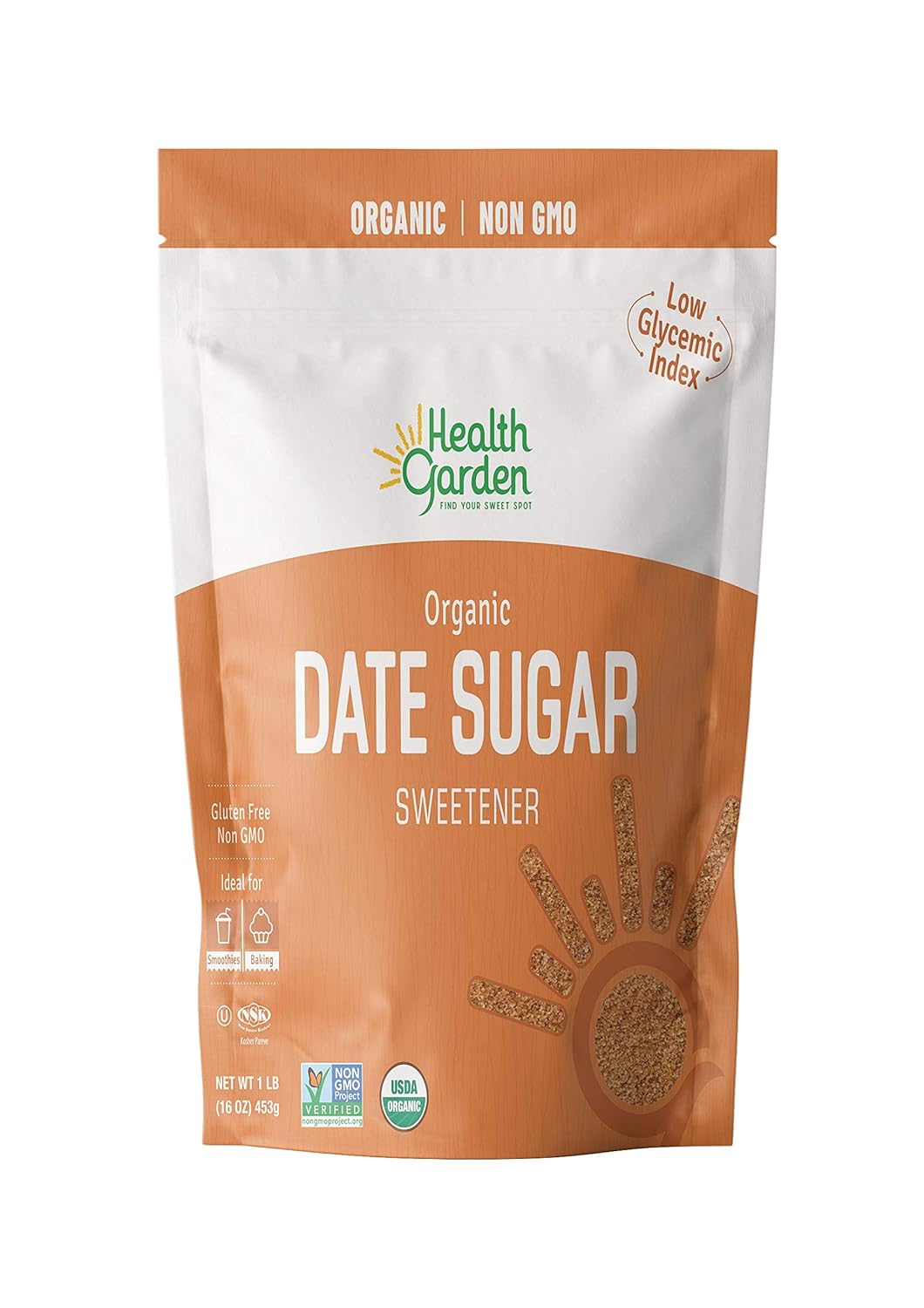
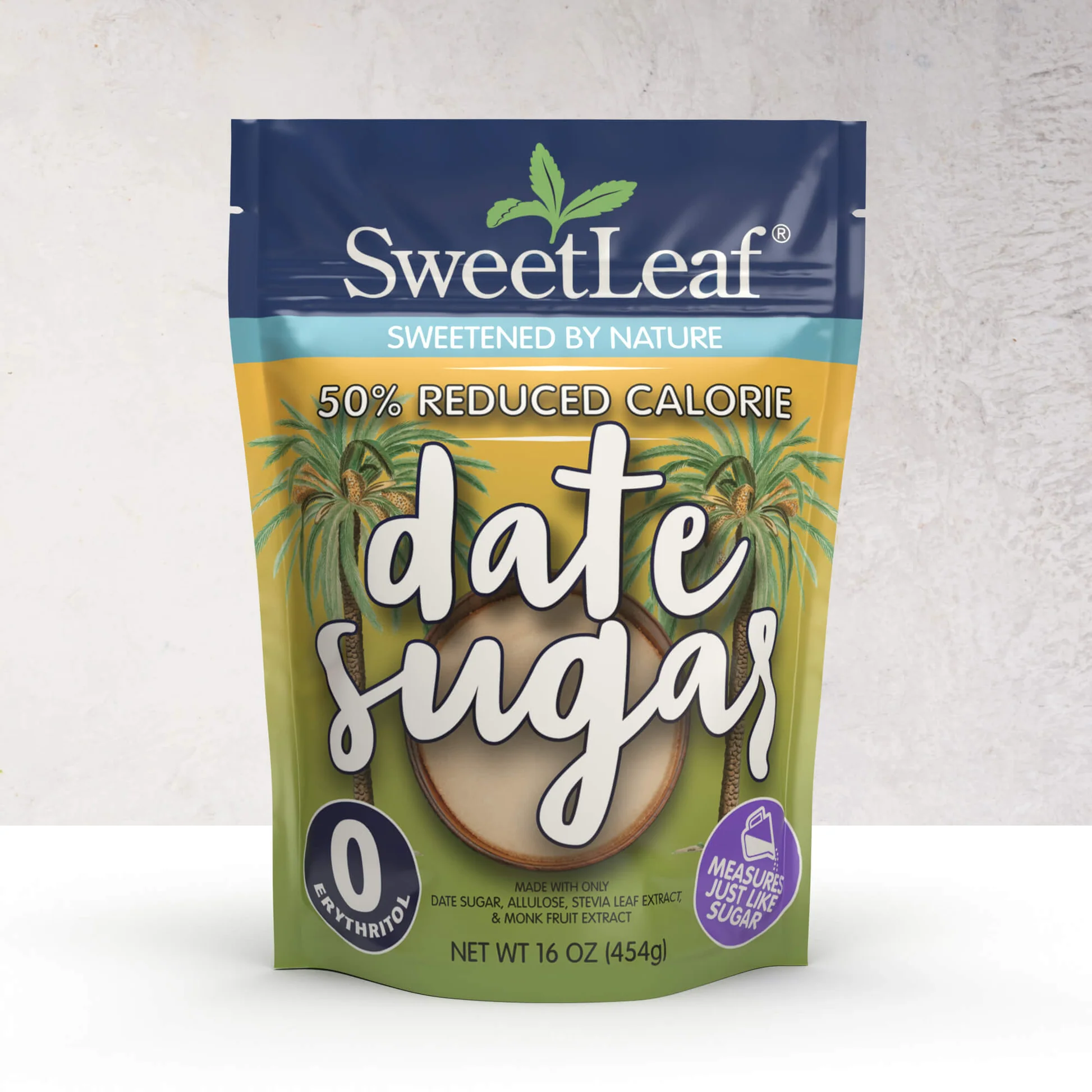
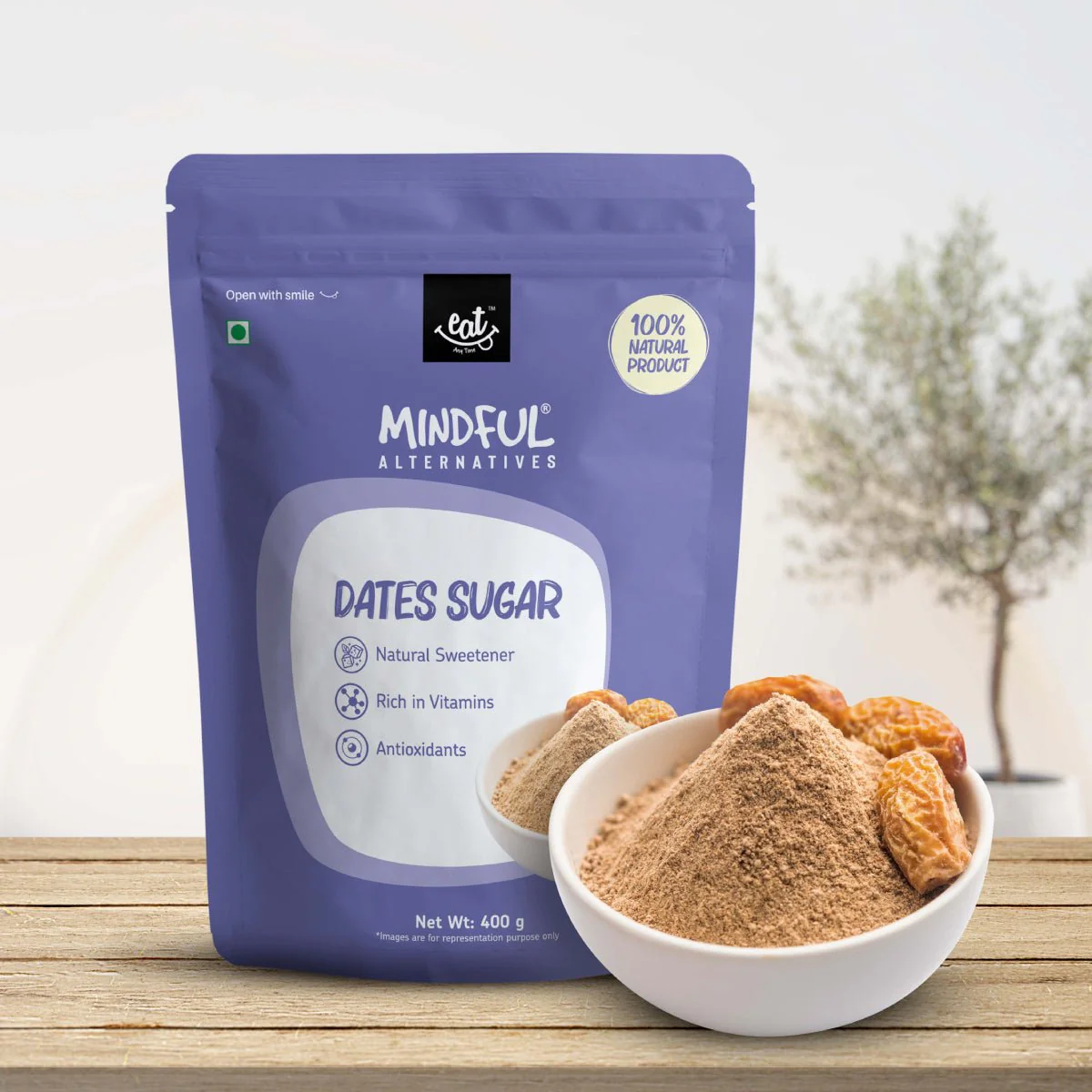
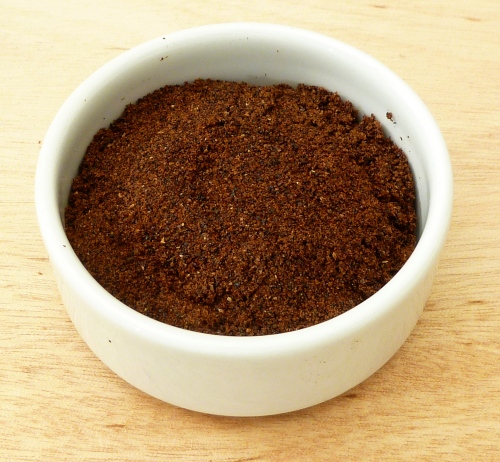
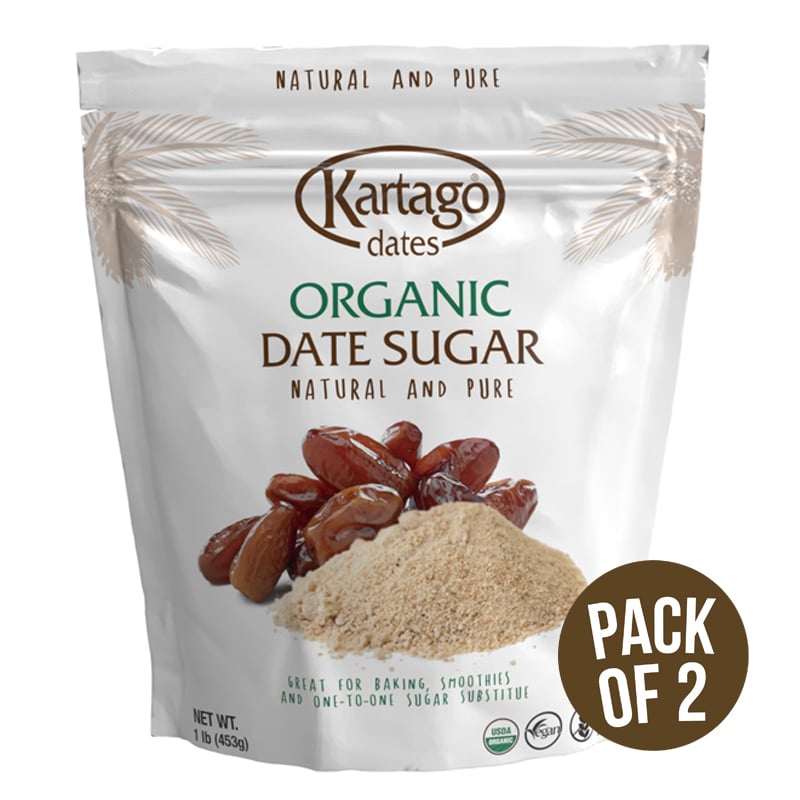
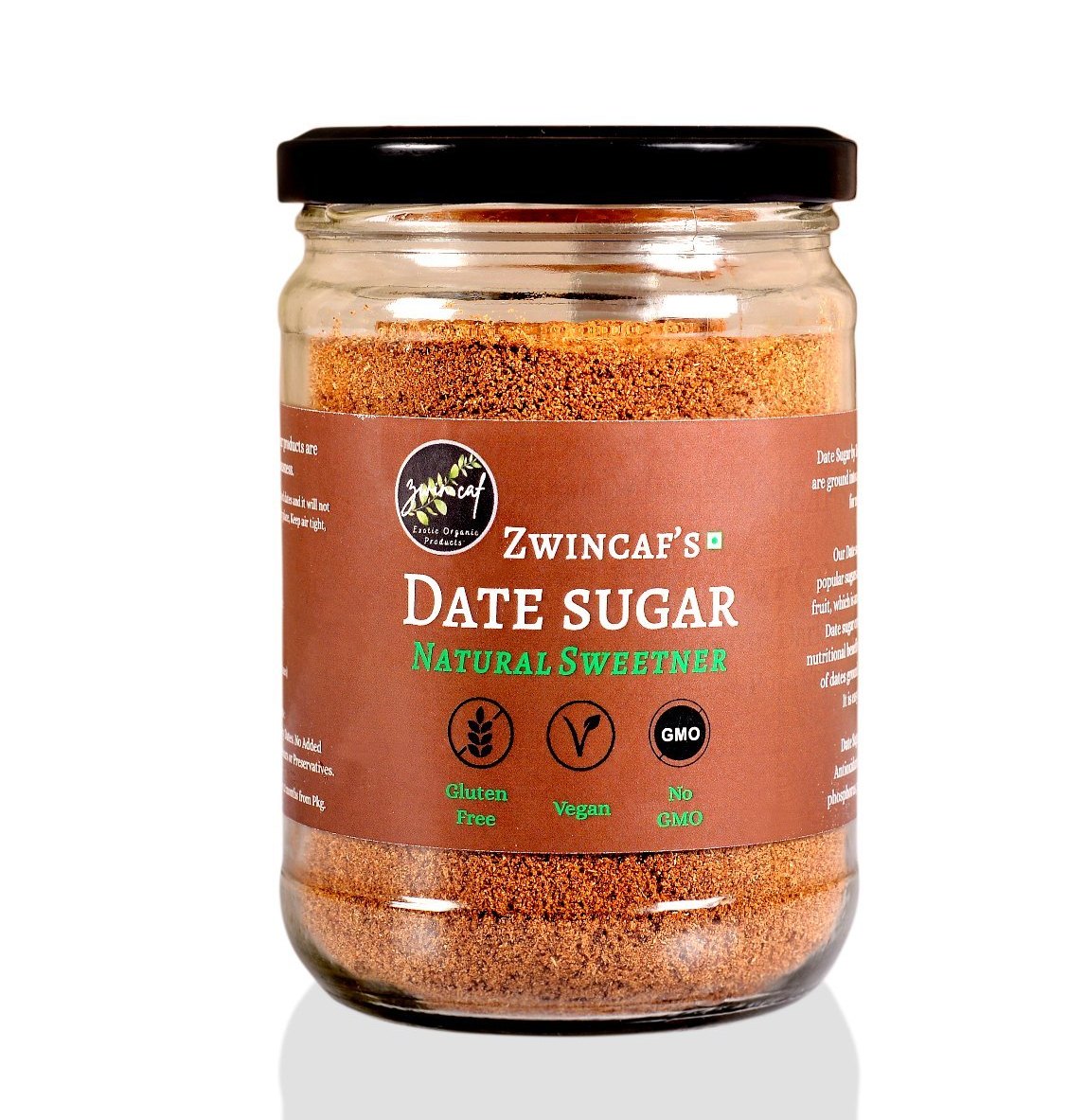



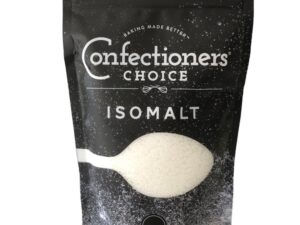

Reviews
There are no reviews yet.